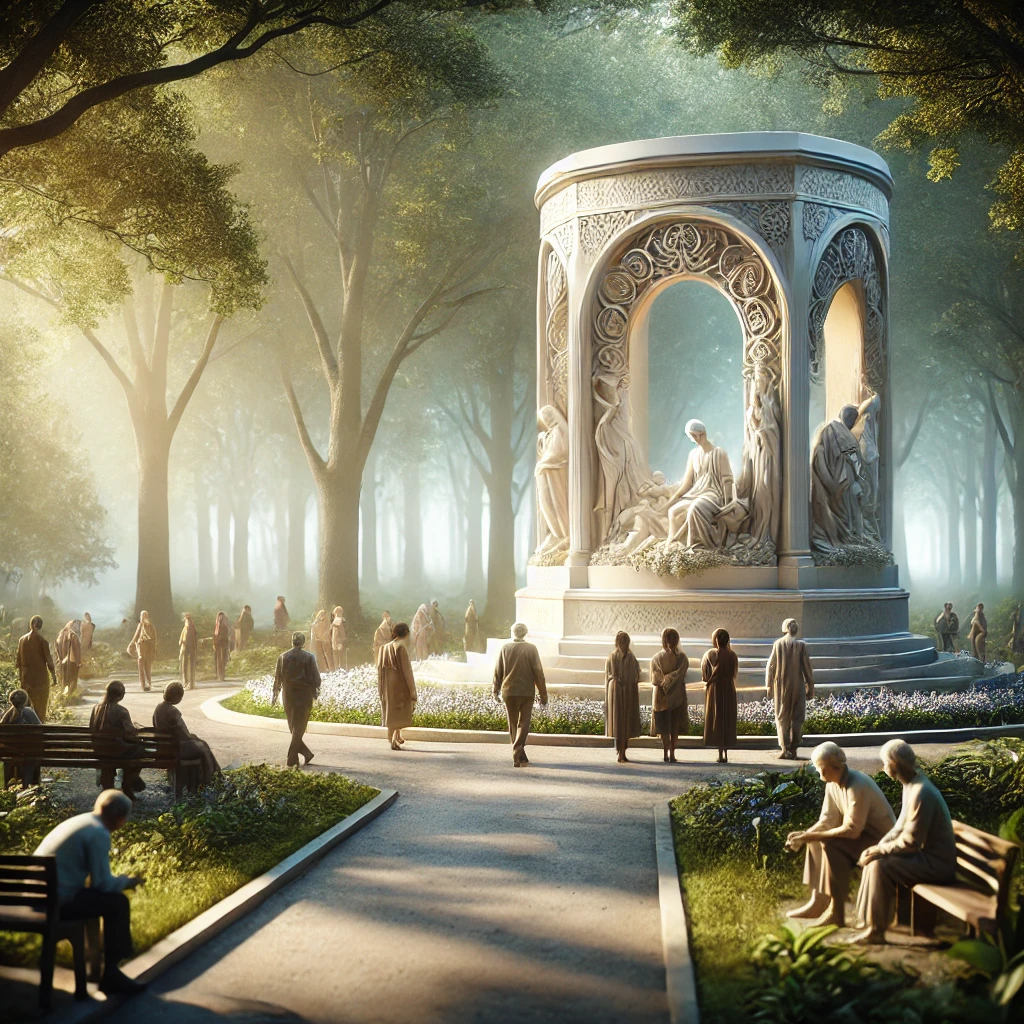The grieving process is a complex and deeply personal journey that everyone experiences differently. During these darkest hours, finding ways to cope and heal is crucial. One powerful method is through memorials, which offer a tangible connection to the loved one’s memory. Memorials provide comfort and solace, allowing individuals to reflect on cherished moments and celebrate the life lived.
Across different cultures, memorials play a significant role in the grieving process, highlighting their universal importance. Personal narratives often reveal how these focal points of remembrance help individuals navigate their grief journey, providing a sense of structure and support in their healing process.
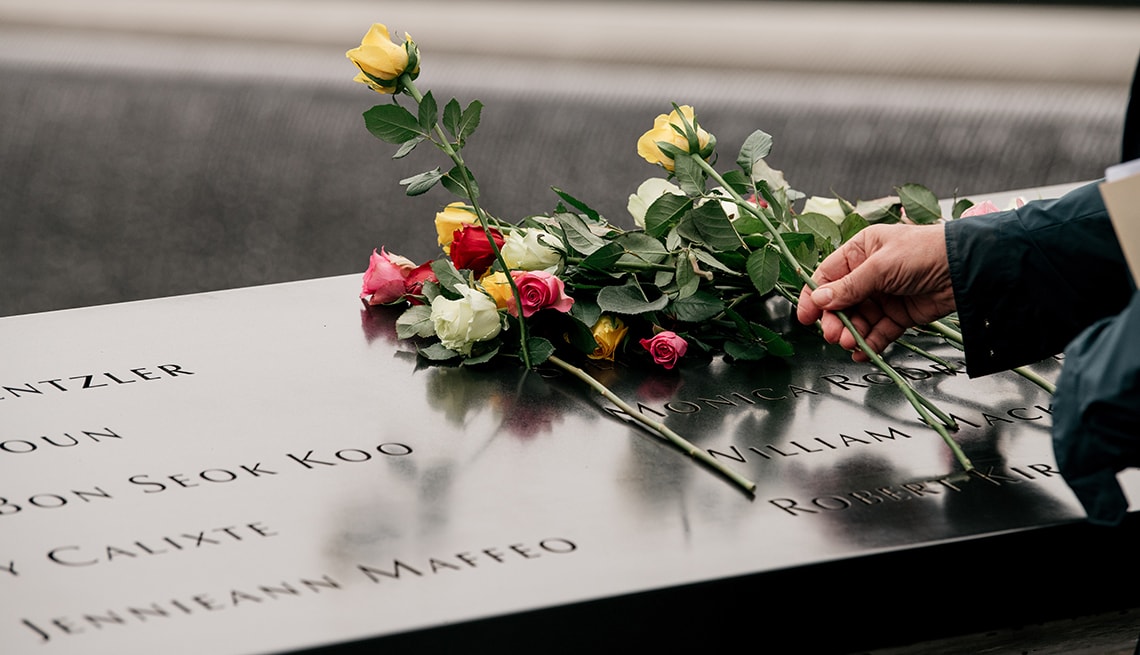
Understanding the Grieving Process
The grieving process is a multifaceted and individualized journey, influenced by various factors such as cultural background, social support, and personal narratives. Each person’s experience with grief is unique, shaped by their relationship with the departed soul and their coping mechanisms. For many, it is a challenging journey filled with a range of emotions, from sorrow and anger to hope and acceptance.
Understanding this process is essential for providing effective support to grieving individuals. Memorials can significantly aid in this journey by offering a space to express emotions, share memories, and find mutual support. By acknowledging the importance of cultural influences and social networks, we can better support those navigating their grief.
The Role of Memorials in the Healing Process
Memorials play a crucial role in the healing process by providing a physical space for grieving individuals to express their emotions and reflect on their loss. These spaces serve as a tangible connection to the loved one’s memory, allowing individuals to cherish moments and celebrate the life lived. Memorials also facilitate collective mourning, bringing people together to share their grief and offer mutual support.
Whether through traditional funeral services or alternative memorial services, such as scattering ashes or creating online tributes, memorials provide a focal point for remembrance. They help transform grief into a positive impact, offering solace and a sense of closure while keeping the loved one’s memory alive for future generations.
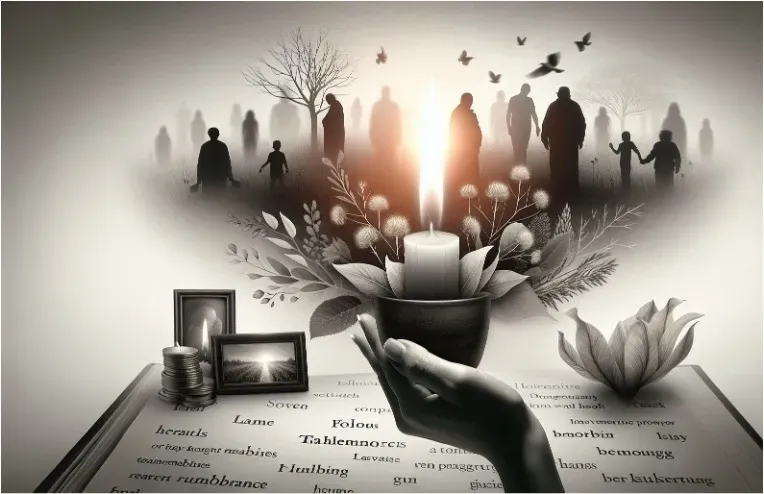
Types of Memorials and Memorial Services
Traditional funeral services and memorial services have long been the cornerstone of honoring the deceased and providing a sense of closure for grieving individuals. These services often include viewings, direct burial, and structured ceremonies that allow family and friends to gather, mourn, and celebrate the life lived.
However, alternative memorial services are becoming increasingly popular, offering diverse ways to honor a departed soul. Scattering ashes in a favorite park, holding a celebration of life with favorite foods and music, or creating online tributes are just a few examples. These alternative memorials provide unique and personal ways to reflect on cherished moments and the time spent with the loved one, ensuring their memory lives on in meaningful and heartfelt ways.
Creating a Memorial
Creating a memorial can be a therapeutic process for grieving individuals, helping them navigate their grief journey and find solace. Personalizing a memorial with meaningful objects, photos, and stories can significantly aid the healing process by celebrating the loved one’s life and keeping their memory alive.
Whether it’s a physical structure, a garden, or an online tribute, incorporating elements that reflect the person’s personality and legacy can provide comfort and a focal point for remembrance. Memorials serve as a space to honor the loved one’s memory, allowing family and friends to engage in rituals and remembrance activities that bring mutual support and a sense of connection.
Rituals and Remembrance
Rituals and remembrance activities play an essential role in the grieving process, providing structure and comfort during challenging times. These activities can be personal or collective, offering ways to honor the loved one’s memory and keep their spirit alive.
Examples include visiting the memorial on special occasions, lighting candles, sharing stories, or engaging in meaningful activities that reflect the person’s interests and values. Rituals such as these can significantly aid the healing process by fostering a sense of continuity and connection. They help grieving individuals cope with their loss, providing solace and a positive impact on their emotional well-being.
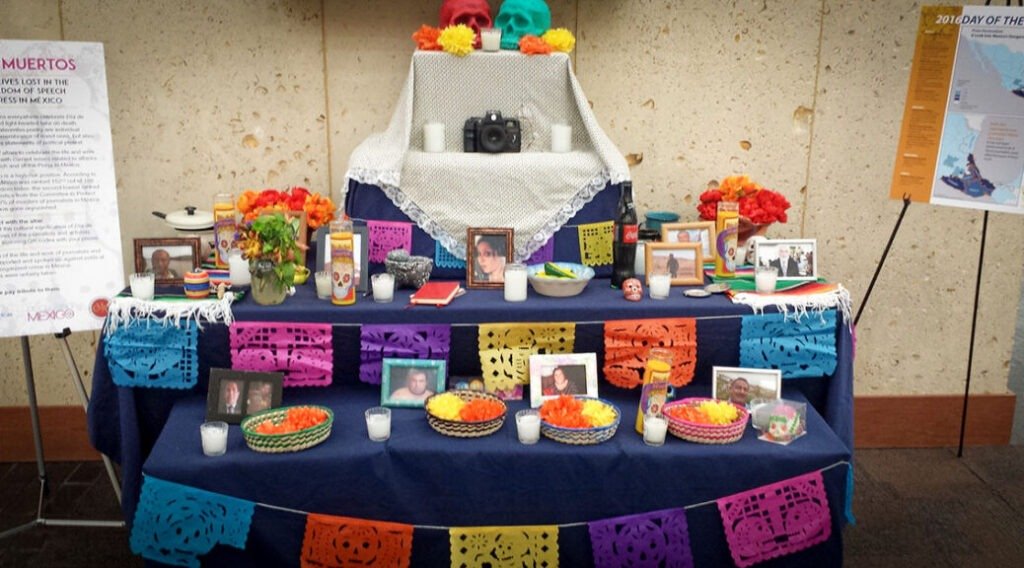
Finding Solace and Closure
Finding solace and closure after the loss of a loved one is a unique and individualized process. Each person’s grief journey is shaped by their relationship with the deceased, their personal narratives, and their coping mechanisms. Memorials can provide a profound sense of comfort and help individuals reflect on the life lived, offering a tangible connection to their loved one’s memory.
By visiting memorials and engaging in remembrance activities, grieving individuals can find solace in the physical representation of their loved one’s life and legacy. These spaces allow for reflection, emotional expression, and the celebration of cherished moments, ultimately facilitating a sense of closure and healing.
Supporting Others in the Grieving Process
Supporting others in the grieving process requires empathy, patience, and a non-judgmental presence. Listening actively and offering a comforting space for grieving individuals to express their emotions is crucial. Memorials can play a significant role in this support by providing a focal point for collective mourning and mutual support.
Gathering at a memorial allows family and friends to share memories, offer condolences, and find strength in each other’s presence. These shared experiences help to validate each person’s grief journey and foster a sense of community and connection, making the healing process more bearable.
Personal Narratives and Memorials
Personal narratives are integral to the grieving journey, as they allow individuals to process their loss and celebrate the life of their loved one. Sharing stories and memories helps in keeping the loved one’s memory alive, creating a lasting legacy for future generations.
Memorials serve as a physical space where these narratives can be shared and cherished. By incorporating thoughtful memorial ideas, such as personalizing memorials with photos, meaningful objects, and written stories, grieving individuals can create a tribute that honors the departed soul. These memorials become a focal point for reflection and remembrance, ensuring that the loved one’s life and legacy are preserved and celebrated.
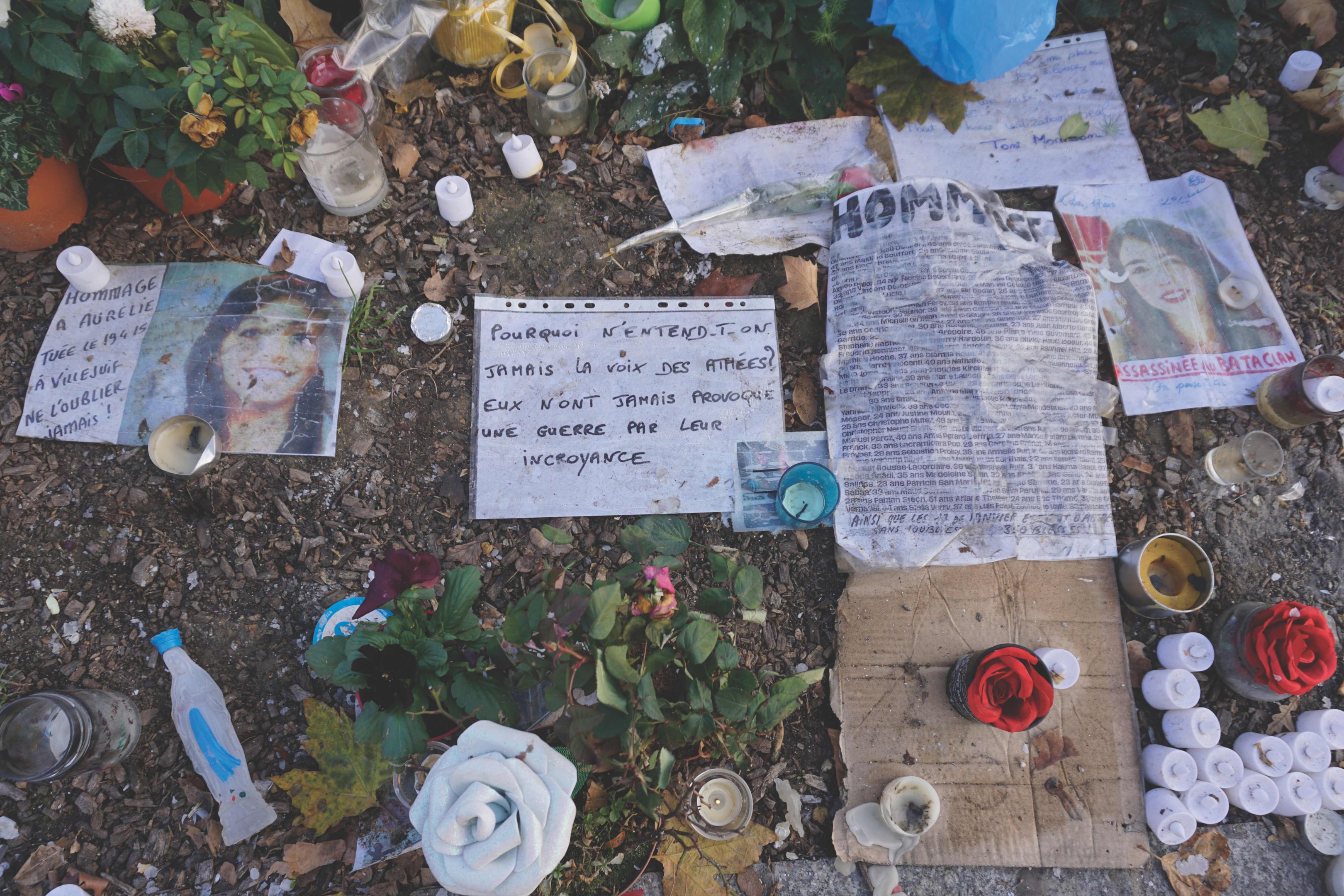
Memorials in Different Cultures
Different cultures approach memorials and grieving in unique ways, reflecting their values, traditions, and beliefs about life and death. In some cultures, elaborate rituals and ceremonies are held to honor the deceased, while others may prefer more intimate and personal remembrances. The cultural significance of memorials lies in their ability to provide comfort and solace to grieving individuals.
They serve as a space for communal support and shared mourning, fostering a sense of connection and continuity. Understanding these diverse cultural practices can enhance our appreciation of memorials’ universal role in helping individuals navigate their grief journey and find peace.
The Impact of Memorials on the Healing Process
Memorials have a profound impact on the healing process, serving as a tangible connection to the loved one’s memory and providing a space for reflection and remembrance. By creating and visiting memorials, grieving individuals can experience personal growth, find solace, and foster emotional healing.
These spaces offer a focal point for expressing grief, sharing stories, and engaging in rituals that honor the departed soul. The positive impact of memorials lies in their ability to help individuals navigate their grief journey, transform sorrow into cherished memories, and keep the loved one’s memory alive for future generations. Through memorials, the life lost is celebrated, and the healing process is significantly aided.
For those seeking guidance and support, Best Funeral Homes Houston is a valuable resource, offering a range of funeral and memorial services designed to honor and celebrate the lives of loved ones.

